
As the American Colonists and the British began to disagree in mid-1775, skirmishes occurred at various locations throughout the New World. The Continental Congress then authorized the creation of a Continental Army and appointed George Washington as its Commander in 1775. As Washington organized his Army, he had significant contributions from several individuals with European military experience. American independence would likely not have been achieved without diplomatic, financial, and military support from across the ocean. A few of those European leaders providing support were Baron von Steuben from Prussia, the Marquis de La Fayette from France, and Casimir Pulaski from Poland. All were recruited by Benjamin Franklin, then in France as an agent of the American government,
Von Steuben assumed the title of Baron, arrived in America in December 1776 and was appointed by Congress to assist in training the Continental Army, then beginning its winter encampment at Valley Forge. He found the Army in a deplorable state and promptly began to address issues like sanitation, discipline and communication among the ranks, drill, and ceremonies. He taught them how to shoot, reload and use bayonets. By the time the Army left Valley Forge, von Steuben had helped to train it into a force capable of standing up to British Regulars. In 1778, von Steuben was appointed inspector general with the rank of Major General. He served for the remainder of the war as Washington’s chief of staff and one of his trusted advisors. In 1780 he was awarded a field command; serving as a division commander at various battles in Virginia and then at the siege of Cornwallis at Yorktown, Virginia in 1781.
A second European invaluable to the Continental Army was the Marquis de Lafayette known in the United States simply as Lafayette. Lafayette was given a commission as Major General in the Continental Army, but he was not initially given troops to command. He had his baptism under fire at the Battle of Brandywine, Pennsylvania in 1777, being wounded but still helping to organize an orderly retreat. He served with distinction in several other battles before spending the winter of 1777-78 with Washington’s Army at Valley Forge, suffering with Washington in the frigid, disease-ridden encampment. Washington and Lafayette shared a friendship throughout the entire war. Lafayette quickly became part of Washington’s military family and over the years, their relationship grew to that akin to a father and son. In 1778, he requested permission to return to France where he performed what was his most important contribution. Lafayette helped to persuade King Louis XVI to send troops and supplies to support the American cause. Lafayette returned to America in 1780 and was given a senior position in the Continental Army. Washington sent him to Virginia in 1781 to stop British raids where he harassed Cornwallis with guerilla tactics and advised Washington to attack at Yorktown. Washington then positioned his troops for the final siege and attacked successfully.
A third European to contribute to the American cause was Casimir Pulaski, a Polish nobleman. Pulaski landed in America in 1777, hoping to be commissioned an officer in the Continental Army. Washington wanted Pulaski to take command of the Continental Cavalry, but Congress would not immediately grant Pulaski a commission. Pulaski refused to wait for approval, joining Washington anyway at the Battle of Brandywine in 1777. The Americans might be routed, and Washington captured, but Pulaski–possessing no rank–asked Washington to give him temporary command of several cavalry troops. With no time to argue, Washington entrusted Pulaski with his own mounted guard. Pulaski countercharged, delaying the British long enough for the Continentals to retreat and saving Washington’s life. Congress then appointed him to the rank of Brigadier-General, gave him “command of the American dragoons,” (later to become known as “Pulaski’s Legion”) and the title “Commander of the Horse.” Washington then recommended and Congress approved the establishment of a Cavalry, inviting Pulaski to be its head. Pulaski chose his officers and trained his “Legion” in European cavalry tactics. “Pulaski’s Legion” then became a dangerous fighting force. Washington sent “Pulaski’s Legion” to the Carolinas to help the war effort on the southern front. Although they suffered heavy losses, “Pulaski’s Legion” remained essential in that phase of the war and Pulaski became known as the “Father of the American Cavalry.”
Each of these talented Europeans provided unique and invaluable assistance to the American cause during the Revolutionary War. It is doubtful that Washington would have been able to lead his fledgling Continental Army to victory without their support.

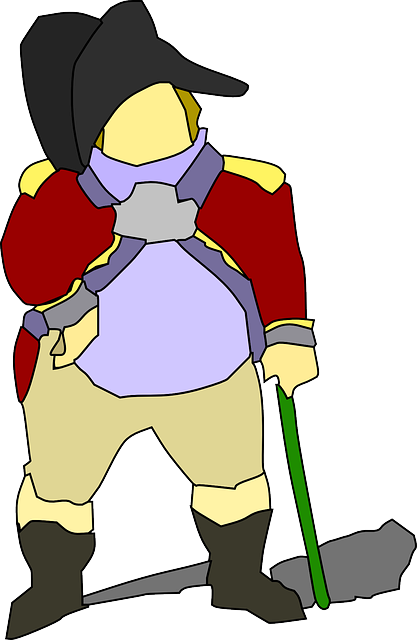
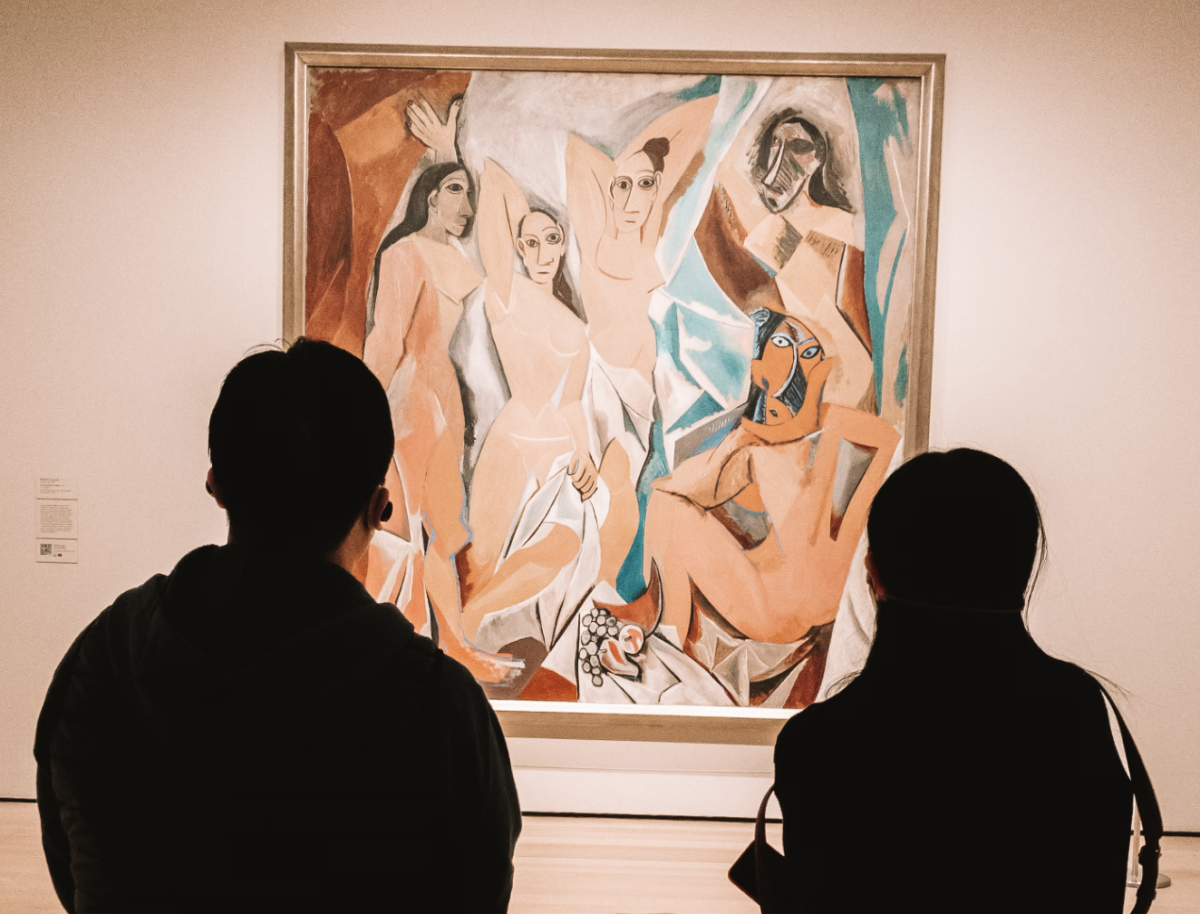
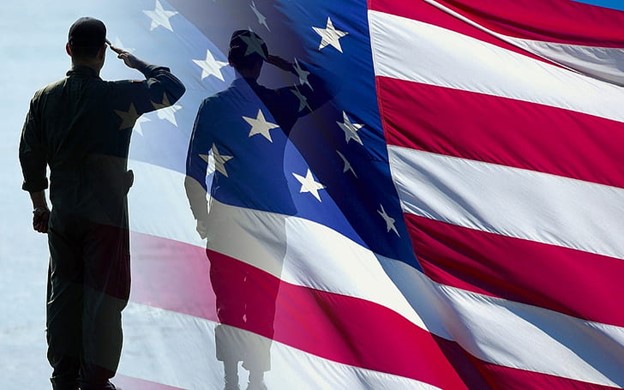



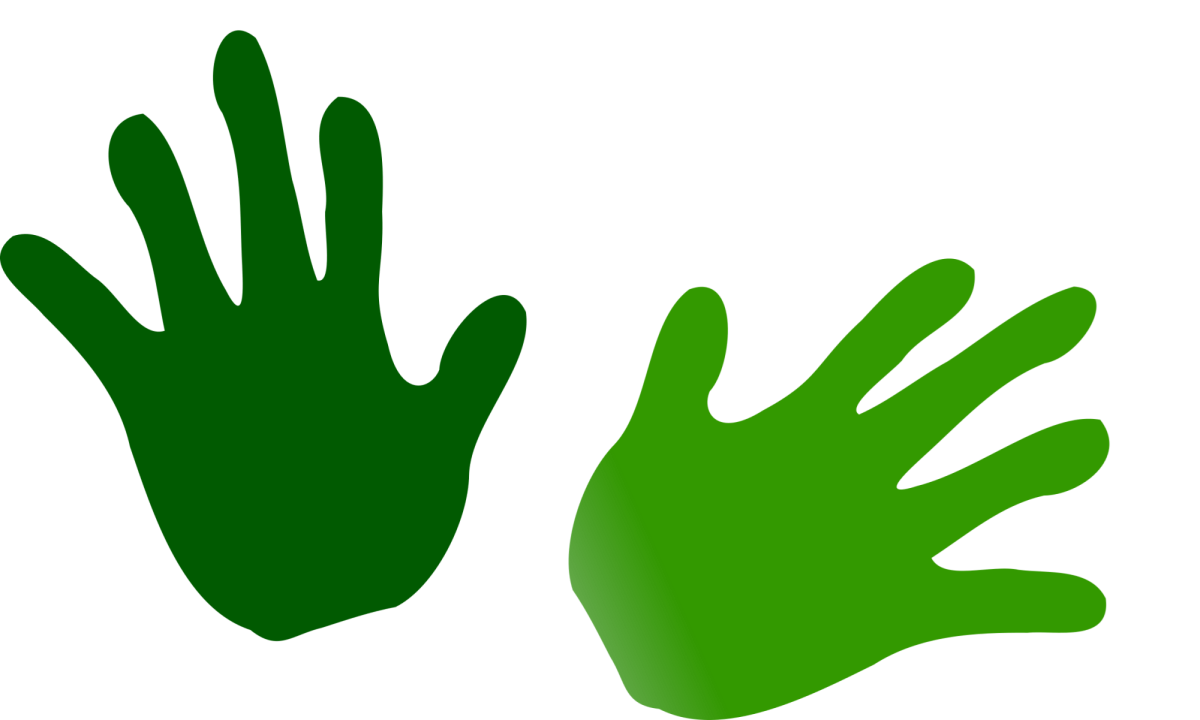
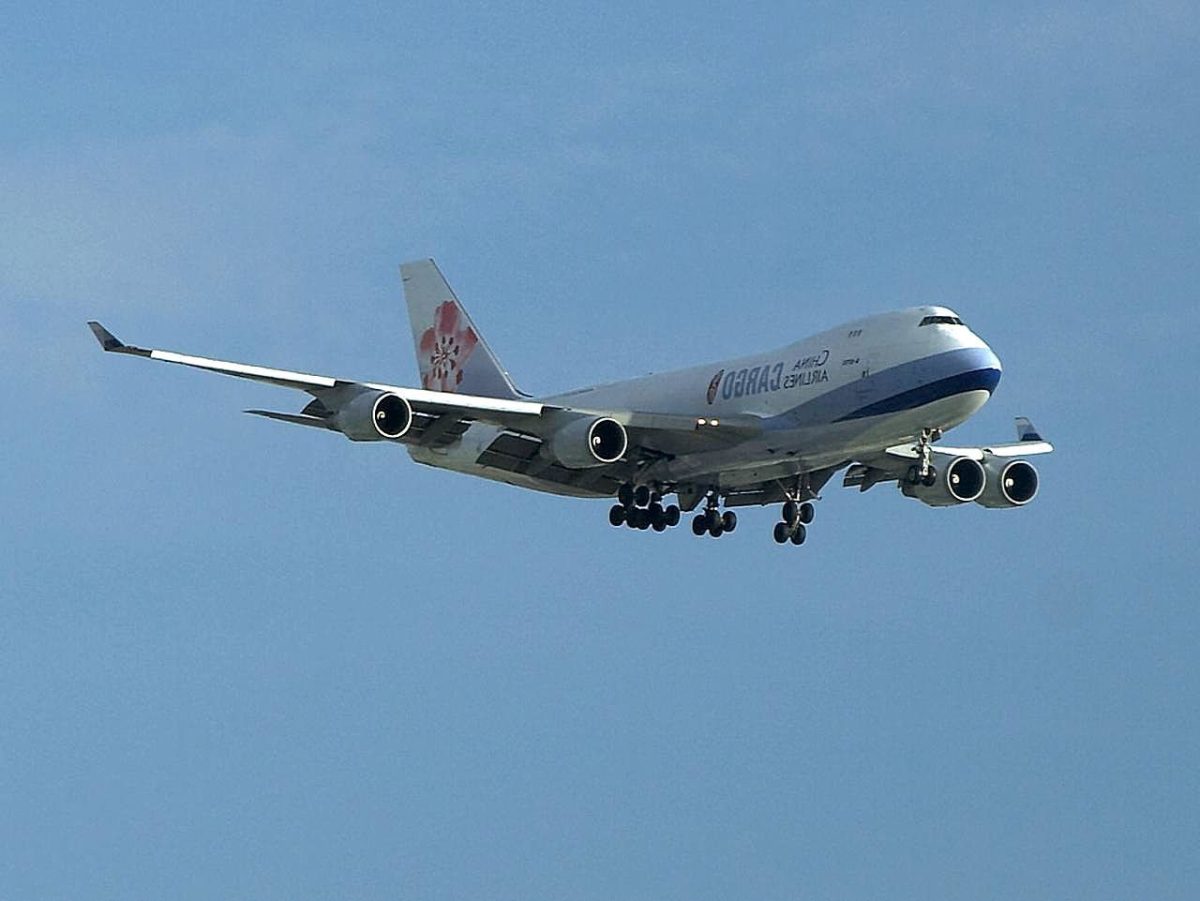



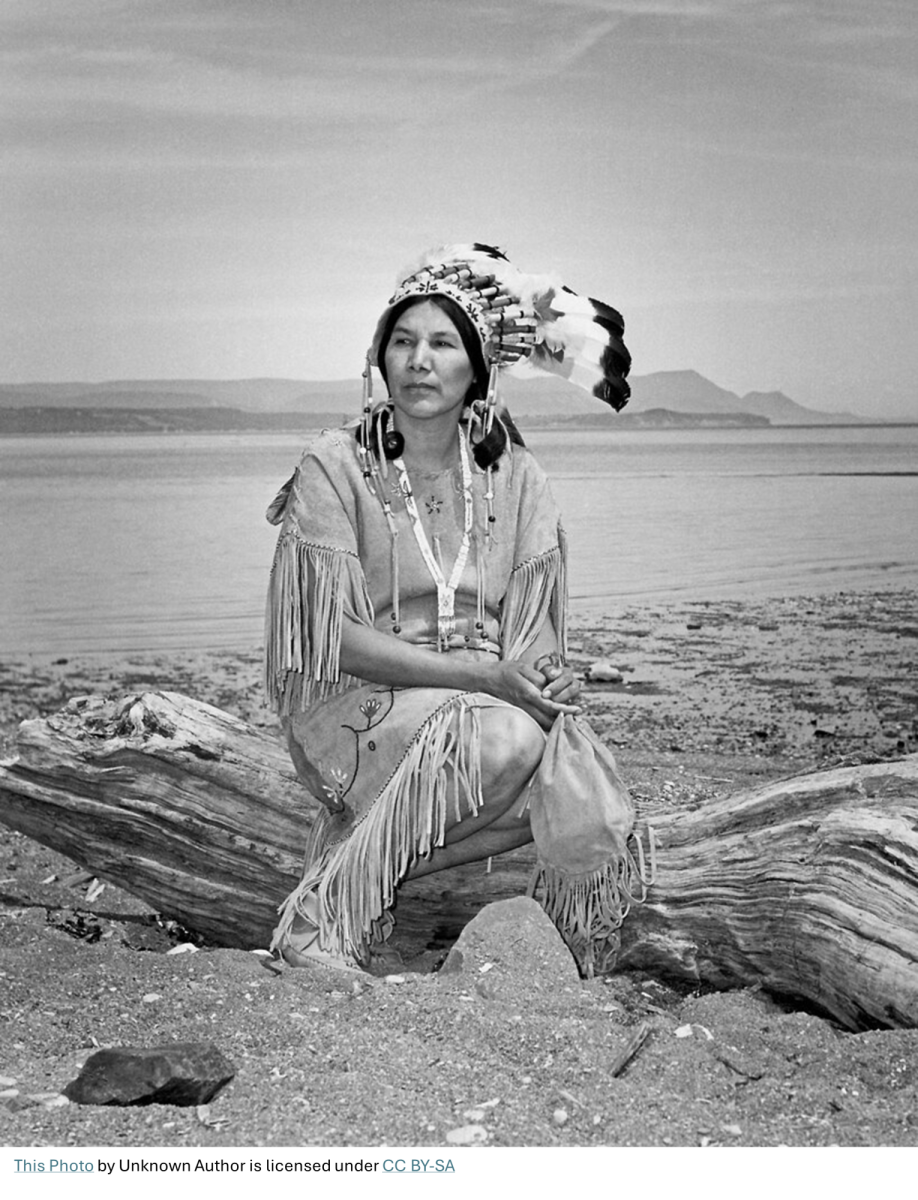
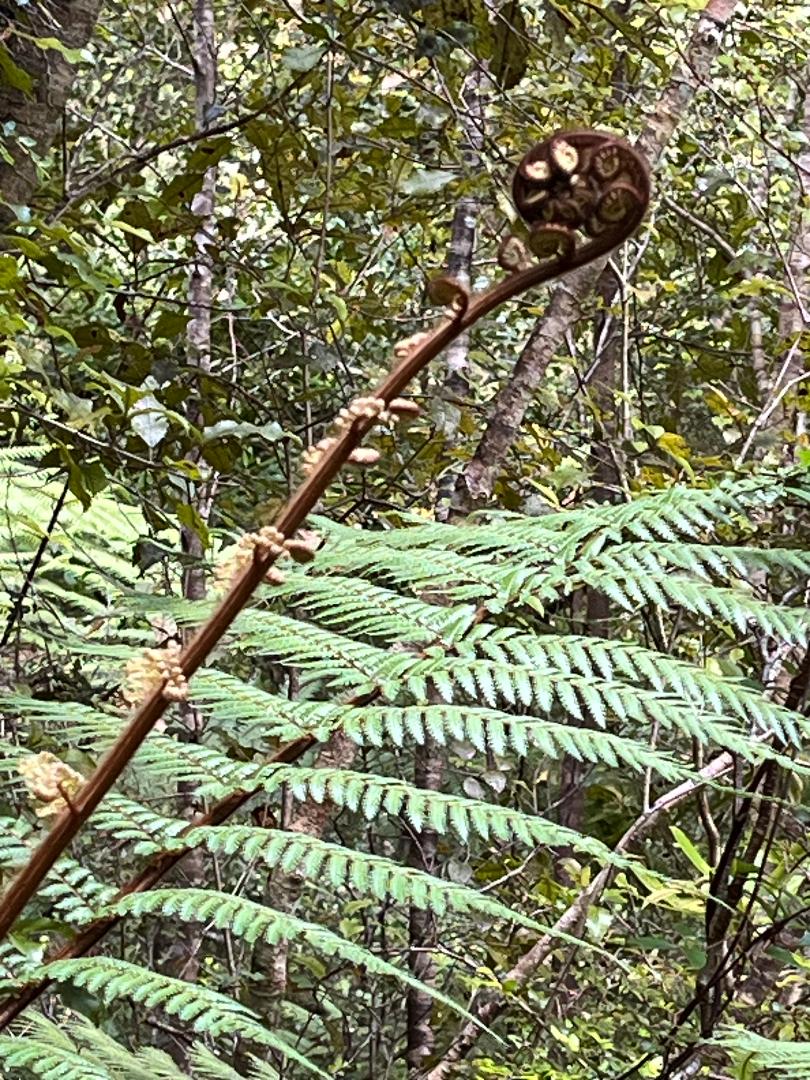
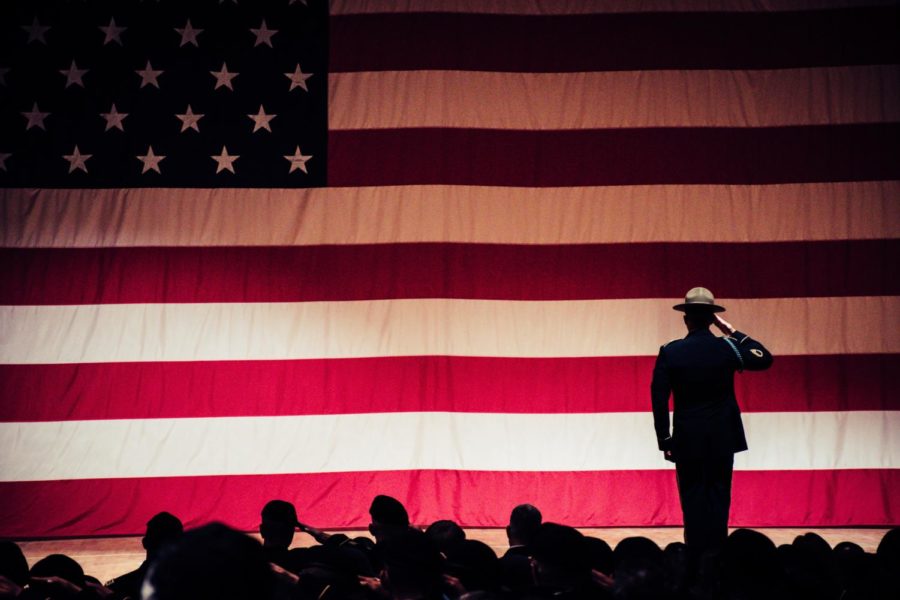
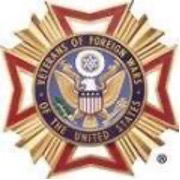
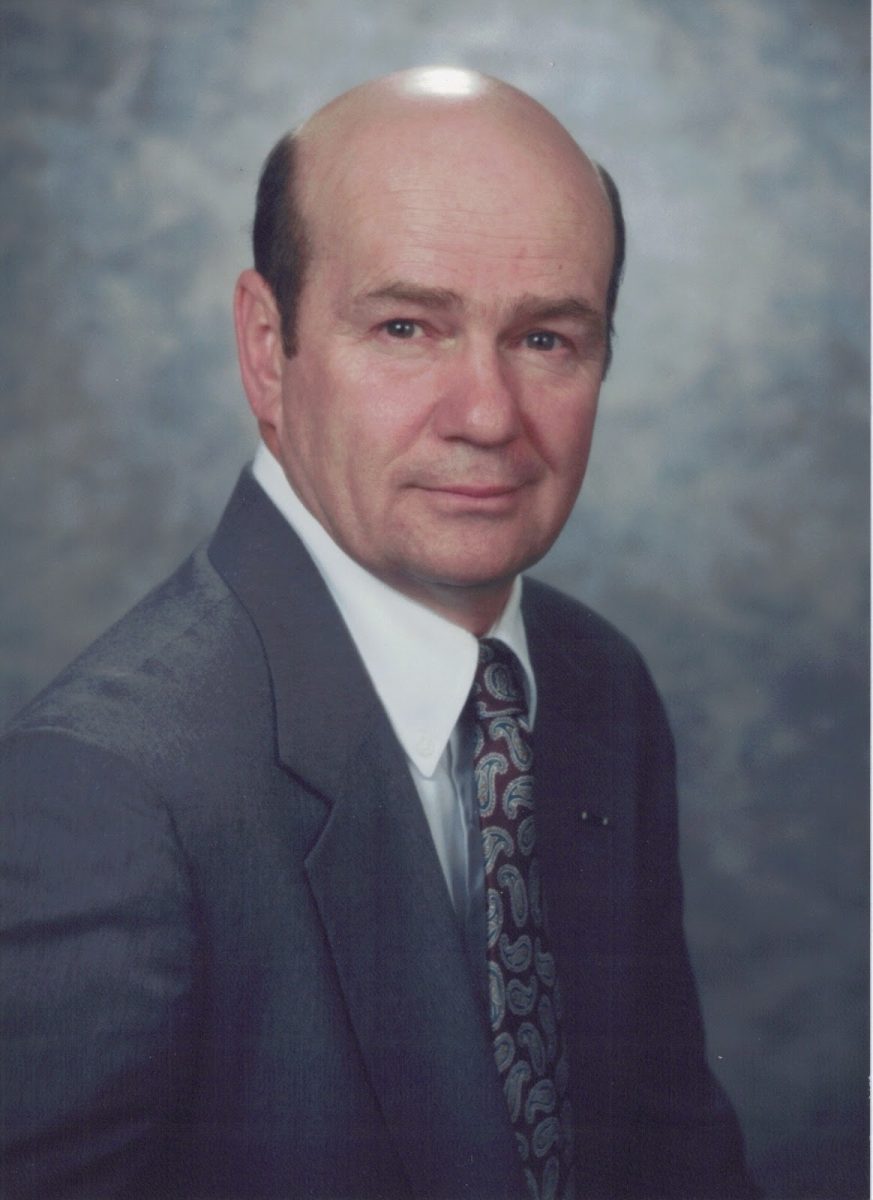

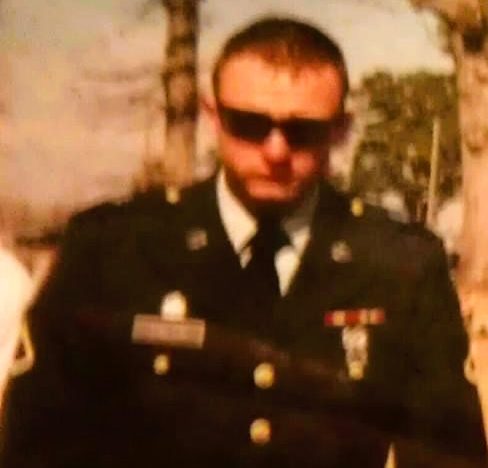


Chuck Bins • Aug 4, 2023 at 3:00 pm
Very interesting and informative. I especially liked the background on Lafayette as I am reading a book by David McCullough about Americans in Paris in which he is a prominent figure.